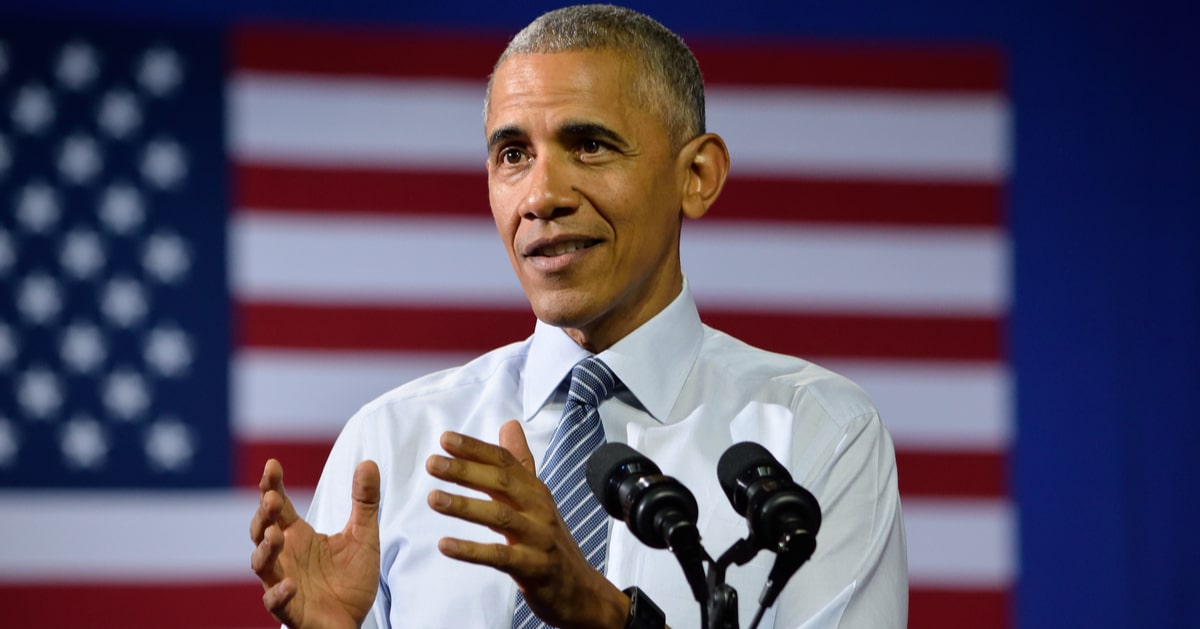





Rep. Anna Paulina Luna has taken a significant step by resigning from the House Freedom Caucus, drawing attention to unresolved tensions within the Republican Party.
Fox News reported that this decision spotlights discord over her proposal to permit remote voting for new parents in Congress, which has become a focal point of debate among GOP leaders and members.
On Monday, Luna communicated her resignation through a letter addressed to her conservative peers. In her correspondence, Luna expressed frustration over a recent conflict regarding her proposal to allow parents in Congress the opportunity to vote remotely for a period of up to 12 weeks around the birth of their child.
Luna's initiative faced significant resistance from a small faction of conservatives who took steps to stall a House vote to exert pressure on leadership.
Their goal was to prevent Luna's discharge petition from advancing her proposal. Luna's efforts were characterized by her as an attempt to act within agreed-upon conference rules, aiming to support both new mothers and willing fathers in Congress.
In her candid remarks, Luna noted that she has persistently supported her colleagues despite disagreements, emphasizing that the mutual respect guiding the caucus was compromised.
The tension reached a tipping point when some members allegedly threatened to disrupt legislative proceedings unless her proposal was blocked. As a result, Luna chose to part ways with the caucus in the present Congress.
Luna highlighted that only a limited number of women, less than 14 according to historical accounts, have had the opportunity to serve as new mothers in Congress. Her initiative aimed to provide these individuals, as well as fathers, with the option to participate in votes by proxy.
Freedom Caucus Chairman Andy Harris, however, received praise from Luna, who singled him out for his leadership. She did not extend the same endorsement to others within the caucus, whom she accused of failing to adhere to caucus principles, engaging in secretive negotiations, and spreading misleading representations to the public.
House Speaker Mike Johnson spoke to the matter, labeling proxy voting for young parents as potentially setting a precedent lacking boundaries. As a father and pro-family advocate, Johnson remarked on the potential consequences of opening the door to proxy voting without a clear limiting principle.
Rep. Chip Roy, another to voice his opposition, used social media platforms to convey his concerns. Roy addressed the constitutional issues he perceived with Luna's rule, arguing that it could extend beyond parents to include other groups, such as individuals battling cancer or those potentially misusing the privilege. He also pointed out the absence of amendments in Luna's discharge petition as a critical concern.
These events mark Luna as the first Freedom Caucus member to resign during the current Congress. Earlier instances saw the departure of Reps. Warren Davidson, Randy Weber, and Troy Nehls for various reasons.
Luna articulated her disappointment in how a select few within the caucus seemed to blur the lines between compromise and core values.
"I cannot remain part," Luna stated, of a group where some "operate outside its guidelines" and disparage her publicly. The decision to separate from the Caucus came with a sense of gravity given the allegations of backroom dealings.
The proposal to integrate proxy voting for Congress members welcoming new children reflects broader questions about tradition and innovation in legislative practices. For Luna, it underscored the importance of family-centric policies intersecting with legislative responsibilities.
The debate over Luna's initiative continues to underscore the challenges facing legislators today. Balancing traditional practices with modern family needs remains a contested terrain. Luna’s resignation not only marks a personal decision but also contributes to the broader dialogue on work-life balance within public service.
Luna's advocacy for her proposal shows a shift towards addressing evolving family structures within governmental settings. The conversations and disagreements that emerged are illustrative of the complex narratives shaping today's political landscape.



